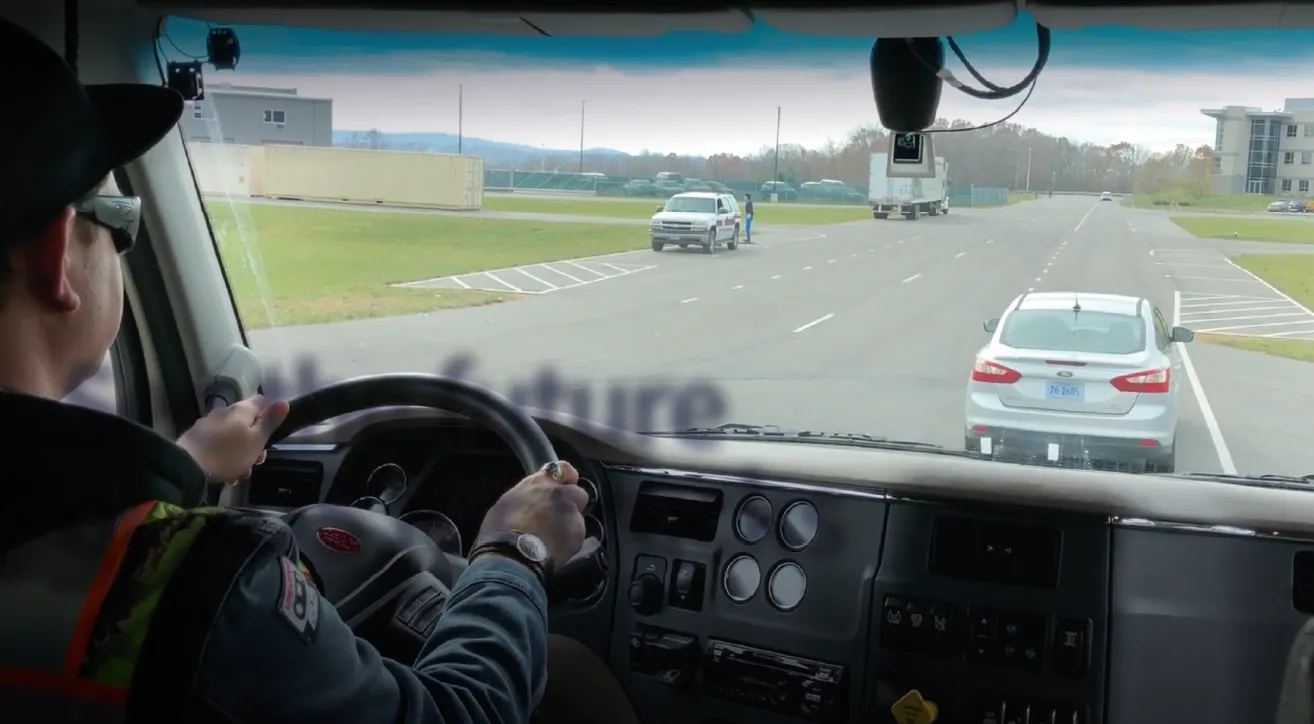SAE International has published its guidebook on vehicle cybersecurity, SAE J3061: Cybersecurity Guidebook for Cyber-Physical Vehicle Standards, which establishes a set of high-level guiding principles for cybersecurity as it relates to cyber-physical vehicle systems.
The guidebook includes: Definition of a complete lifecycle process framework that can be tailored and utilised within each organisation’s development processes to incorporate cybersecurity into cyber-physical vehicle systems from concept ph
January 21, 2016
Read time: 2 mins
The guidebook includes: Definition of a complete lifecycle process framework that can be tailored and utilised within each organisation’s development processes to incorporate cybersecurity into cyber-physical vehicle systems from concept phase through production, operation, service, and decommissioning; Information on some common existing tools and methods used when designing, verifying and validating cyber-physical vehicle systems; Basic guiding principles on cybersecurity for vehicle systems; The foundation for further standards development activities in vehicle cybersecurity.
“This first in the world SAE Recommended Practice for automotive cyber security was developed by an international group of top experts in the field,” said Jack Pokrzywa, director of ground vehicle standards for SAE International.
“It describes commonly structured process to ensure that cybersecurity is built in to the design throughout all phases of product development from concept through product design, verification/validation, deployment, service & disposal. As a result, the likelihood of a successful attack is reduced.”








